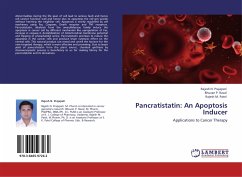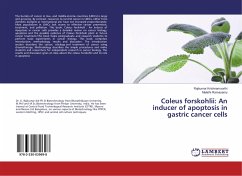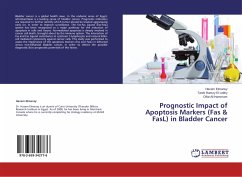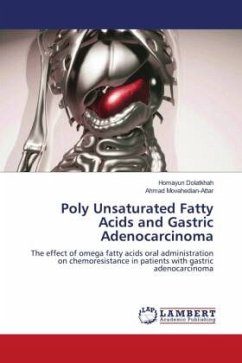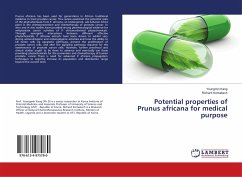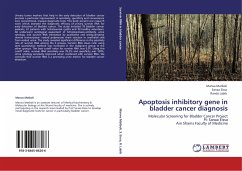Abnormalities during the life span of cell lead to serious fault and hence cell cannot function well and hence due to apoptosis the cell get suicide without harming the neighbor cell. Apoptosis is strictly regulated by cell machinery using Fas, Caspases, Death receptor and TNF receptors. Pancratistatin, alkaloids from the amaryllidaceae family induce the apoptosis in cancer cell by different mechanism like upregulation of Fas, increase in caspase-3, destabilization of mitochondrial membrane potential and flipping of phosphatidyl serine. Pancratistatin promises to induce the apoptosis in the cancer cells and produce lesser cytotoxic effect on the normal cells. This natural product can reveal and unveil the horizon for the new-targeted therapy, which is more effective and promising. Due to lesser yield of pancratistatin from the plant source, chemical synthesis by chemoenzymatic process is beneficiary to us for making library for the pancratistatin and its derivatives.
Bitte wählen Sie Ihr Anliegen aus.
Rechnungen
Retourenschein anfordern
Bestellstatus
Storno

